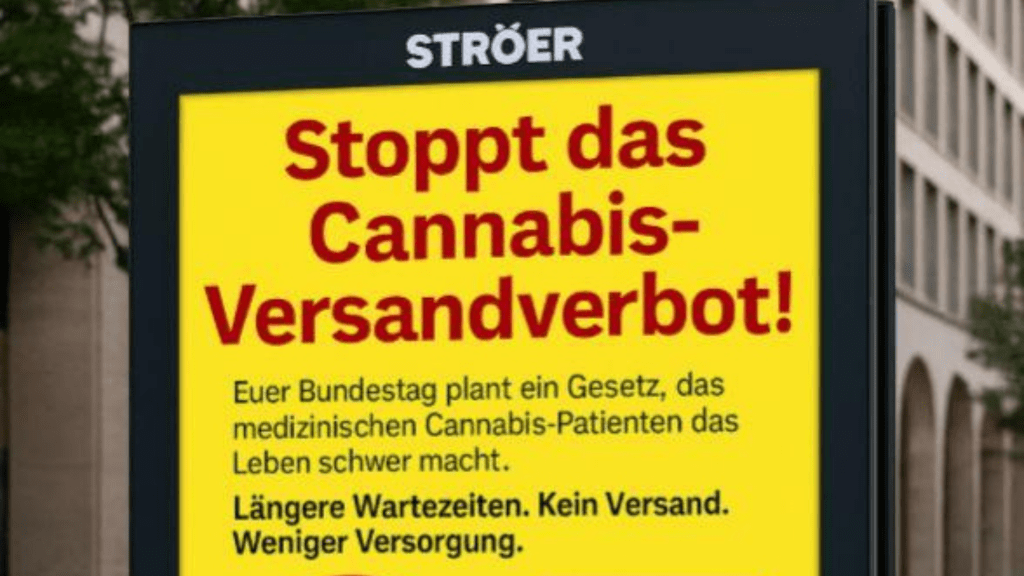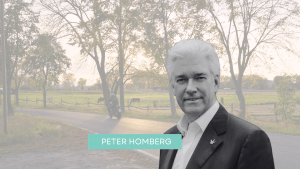Why Companies are united and Politicians Are Alarmed – and Why the Petition Is Gaining Momentum!
Germany – Europe’s largest medical cannabis market – has entered its most critical phase in years. In mid-July, the German Ministry of Health (BMG) presented a new draft amendment to the Medical Cannabis Law (MedCanG). Despite heavy criticism from within the ruling coalition, the draft passed the federal cabinet last week.
The shock: The current version would significantly restrict access to medical cannabis, especially by limiting telemedicine – the key driver of patient growth over the past two years.
This has triggered a wave of resistance from patients, companies, doctors, and now even high-ranking politicians. For the first time, a broad alliance is forming to stop or change the law.
1. SPD politicians publicly oppose the government’s own law
This week, several leading members of the Social Democratic Party (SPD) – part of the ruling coalition – sharply criticized the draft:
-
Matthias Mieves (Deputy Health Policy Spokesperson, SPD):
“The draft is not well-balanced and must be renegotiated. Patients – especially in rural areas – must retain barrier-free access to treatment.” -
Carmen Wegge (Justice Policy Spokesperson, SPD):
“In its current form, we cannot support this law.” -
Christos Pantazis (Health Policy Spokesperson, SPD):
“We will push for fundamental changes in parliament.” -
Serdar Yüksel (SPD health politician):
called the draft “symbolic politics at the expense of patients.”
This level of open criticism within the governing coalition is unprecedented in the cannabis debate.
2. Why did SPD ministers not block the law in the cabinet?
This caused confusion in the industry. If the SPD opposes the draft – why did their ministers allow it to pass the cabinet?
Explanation: In the German cabinet, the responsible ministry (in this case the BMG) leads the process. Ministers may voice concerns, but by government rules, decisions are taken by majority if no consensus is reached.
The SPD is numerically in the minority in cabinet. A veto would have been symbolic – and likely ignored.
The real strategy:
Block or change the law in parliament, where the SPD has more power and alliances.
3. In the Bundestag, the law has no secure majority
The current draft is unlikely to survive the parliamentary process unchanged:
-
The Greens reject it.
-
The Left Party rejects it.
-
The SPD wants major changes.
-
The conservative CDU/CSU would only support it if it becomes even more restrictive.
-
The AfD is politically unacceptable as a partner.
Conclusion:
Without SPD-led amendments, the law could fail – or pass only with opposition votes, which is politically almost impossible.
4. The core issue: Telemedicine restrictions = market collapse
The new draft heavily restricts or nearly eliminates telemedical first consultations.
This has dramatic consequences:
❌ Rural patients lose access
❌ Waiting times explode
❌ Very few doctors prescribe cannabis in-person
✅ Digital platforms enabled the current growth (80k–100k patients)
✅ Telemedicine allowed efficient patient onboarding
✅ It is currently the backbone of the German market
Without telemedicine, the market could shrink overnight.
For companies:
-
Telemedicine platforms: business model at risk
-
Pharmacies: fewer prescriptions
-
Producers & importers: collapsing demand
-
Investors: regulatory uncertainty
5. Why the petition is suddenly exploding
Over the past week, patient groups, doctors, digital health providers, pharmacies, and cannabis companies have launched joint public campaigns.
For the first time:
👉 Patients + Industry + Politicians are united
👉 A national petition is gaining tens of thousands of signatures
👉 The debate has moved from niche to mainstream health policy
The industry is no longer silent – and politics can no longer ignore it.

6. International perspective: Why this matters for global investors
Germany is the largest and fastest-growing medical cannabis market in Europe.
2024: 43+ tonnes imported (record)
2025 forecast: 60+ tonnes
Key growth driver? Telemedicine + digital prescriptions
The current draft would:
❌ slow market growth
❌ block new entries
❌ hamper innovation
❌ increase patient drop-off
❌ weaken Germany’s global leadership
BUT
If the law is amended in parliament (as SPD promises), it could become even more investor-friendly than before.
7. What happens next (timeline)
✅ Cabinet approval – already done
➡️ Parliamentary committees – starting now
➡️ Public hearings in coming weeks
➡️ SPD, Greens, Left will submit changes
➡️ Final Bundestag vote – Autumn 2025
➡️ Bundesrat – may require approval (unclear yet)








